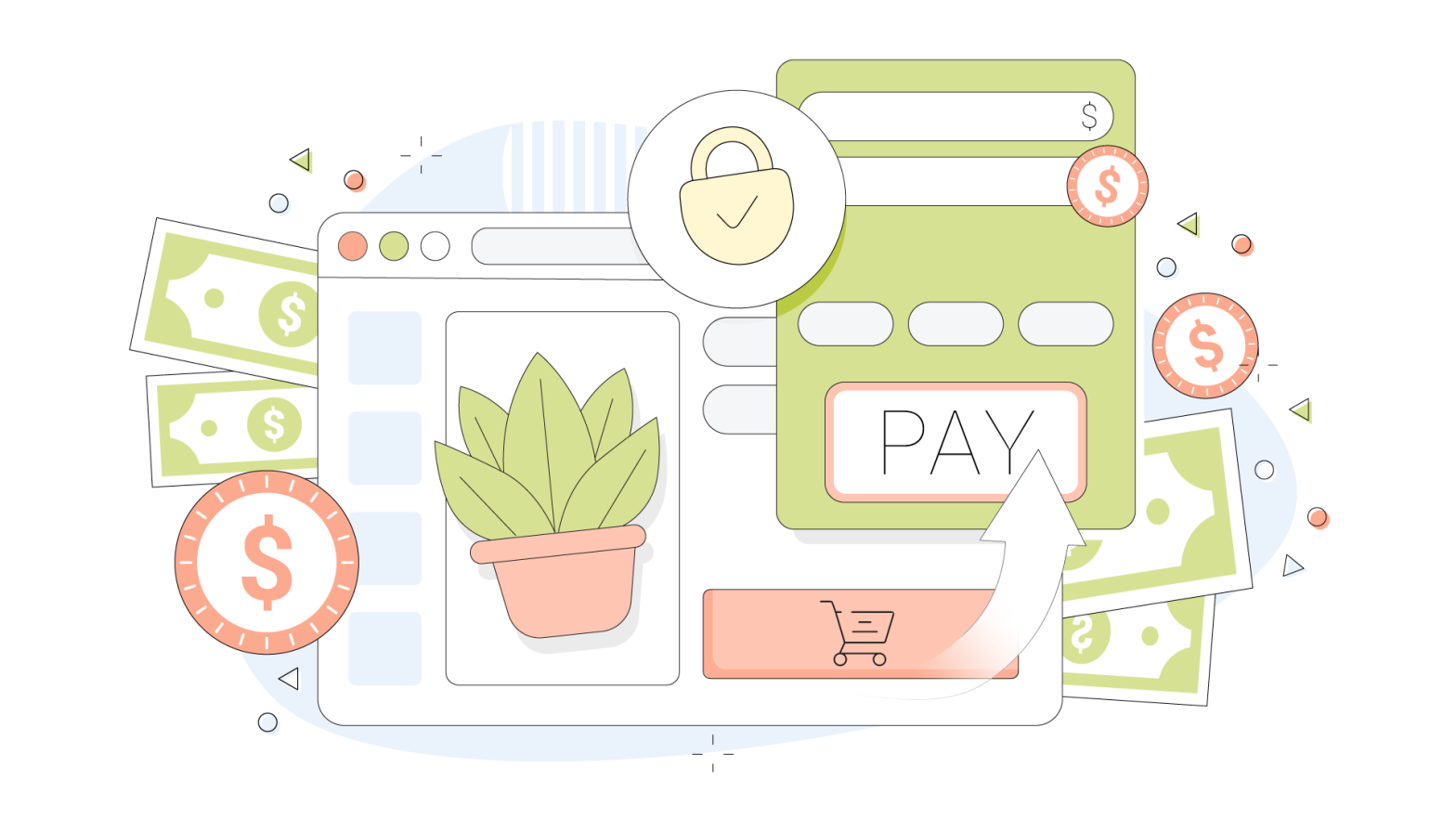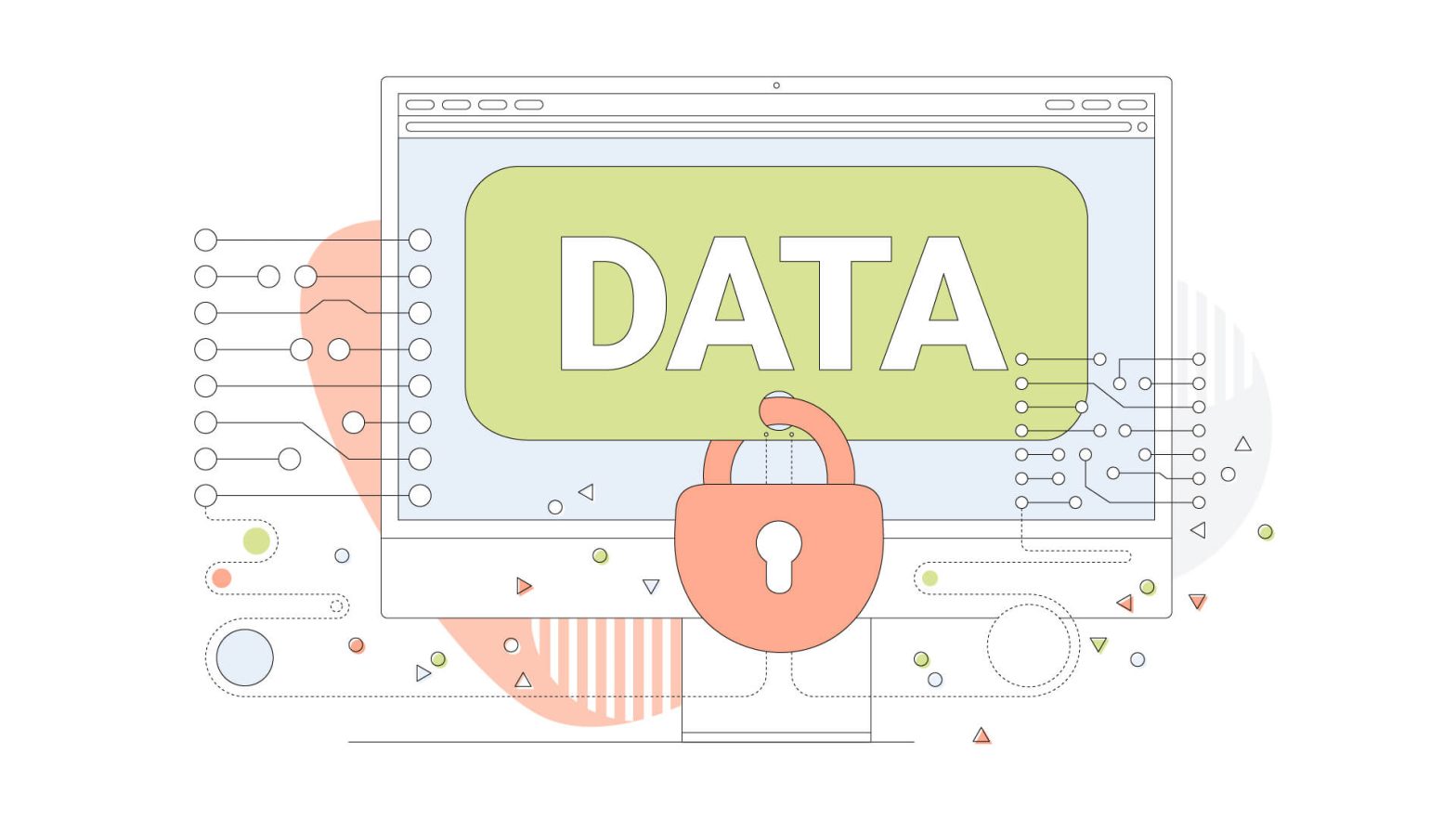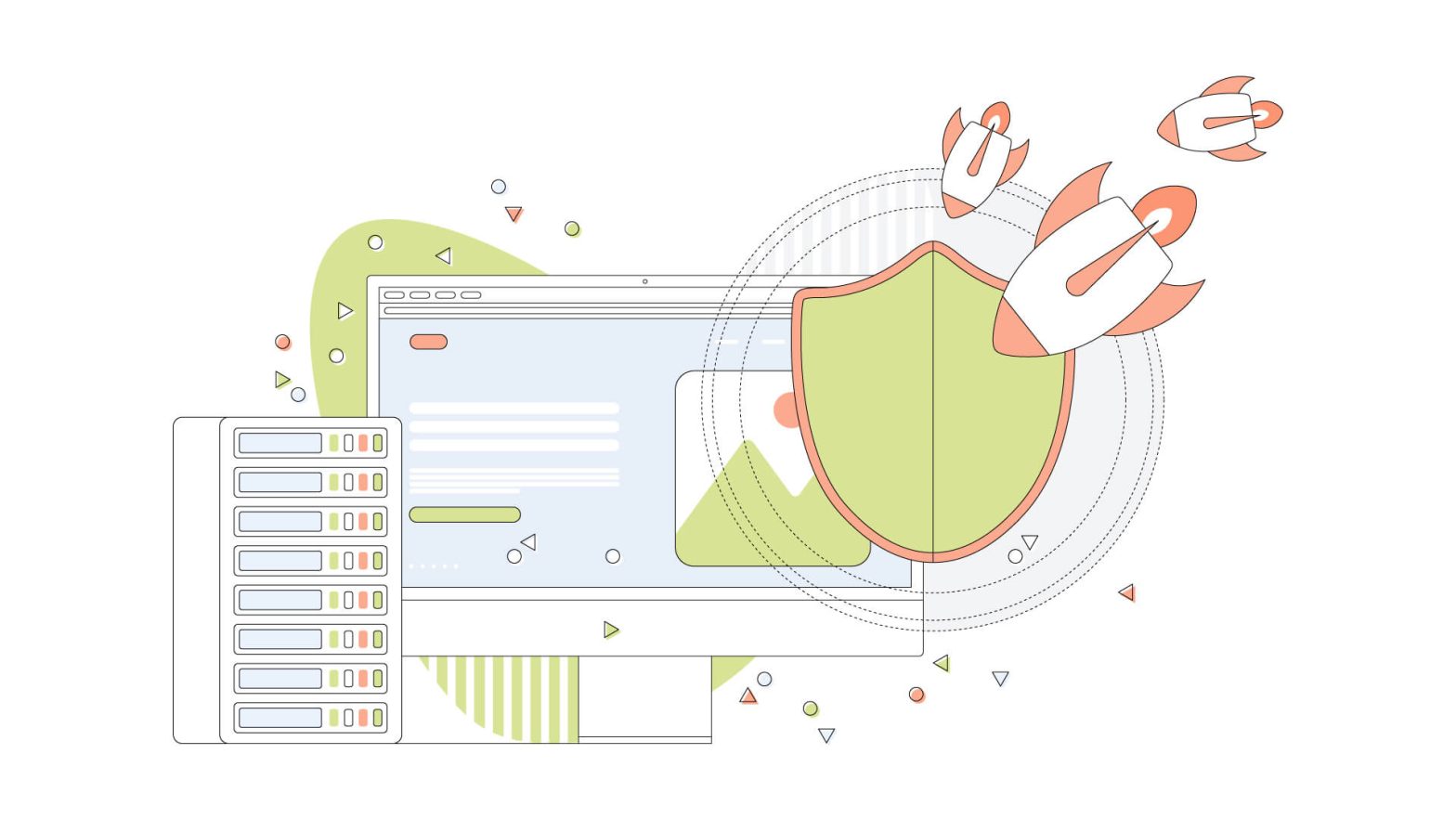Cybercriminals are always finding new ways to hack payment systems and steal sensitive customer information.
From data breaches to phishing scams, the threat landscape is constantly evolving.
Unfortunately, payment fraud and fraudulent transactions have become more common and severe in recent years. In fact, global losses due to fraud tripled to $32.39 billion in 2020 compared to 2011.
Payment fraud is expected to cost businesses $40.62 billion by 2027, a 25% increase. Therefore, eCommerce businesses must prioritize payment security to safeguard their customers’ sensitive data and ensure a secure buying experience.
This article will discuss four essential eCommerce payment security measures that businesses should invest in to reduce the risk of cyberattacks.
- What Is Payment Security?
- Why eCommerce Businesses Must Prioritize Payment Security
- 5 Crucial Payment Security Features for eCommerce Business
What Is Payment Security?
Payment security refers to the measures and protocols implemented to protect sensitive financial data during online transactions.
These measures include encryption, tokenization, and two-factor authentication, which ensure that payment information is transmitted and stored securely and prevent unauthorized access, fraud, and data breaches.
Why eCommerce Businesses Must Prioritize Payment Security
There are plenty of reasons why eCommerce sites should prioritize payment security.
First, customers are becoming more aware and concerned about their personal and financial security when making online purchases. If a business fails to provide a secure environment, it can lead to a loss of credibility, ultimately resulting in shoppers avoiding your site and declining sales.
Additionally, a data breach or security incident can have severe legal and financial consequences for businesses, including fines, lawsuits, and damage to their reputation.
Therefore, investing in robust eCommerce payment security measures may help online stores save money in the long run as they avoid possible legal and financial penalties.
5 Crucial Payment Security Features for eCommerce Business
To ensure customers’ trust in your online purchasing process and protect their personal information, it’s crucial to use eCommerce payment security features. However, relying solely on these security essentials isn’t enough.
You can leverage tools like ChatGPT to identify more vulnerabilities and make necessary security updates.
Here are the eCommerce payment security features you should prioritize:
1. SSL Encryption
SSL encryption, or Secure Sockets Layer encryption, is a security technology that guarantees the privacy and reliability of data sent over the internet.
It encrypts the communication between a web server and a web browser, rendering it highly challenging for hackers to intercept and decode the exchanged information. As a result, SSL encryption safeguards confidential information, including passwords, credit or debit card details, and personal data, against unwanted access and destructive actions.
Furthermore, SSL offers authentication, a process that confirms the web server’s identity to the browser. This is a deterrent for potential attackers who may attempt to masquerade as an authentic website and steal private data.
You may deploy SSL encryption in several ways based on your company’s needs and requirements. You can obtain an SSL certificate from a reputable certificate authority (CA) or your web host.
You can also use a free SSL certificate provided by organizations like Let’s Encrypt. These certificates issued by these trusted CAs can also be easily installed on the server.
Additionally, some web hosting providers offer built-in SSL certificates as part of their hosting packages. These hosting packages often include automatic SSL certificate installation and renewal, eliminating the need for website owners to handle the process manually.
For instance, HostPapa offers SSL certificates along with their hosting plans, which removes the hassle of doing it separately.
Note that free certificates and built-in SSL options may provide a different level of features than premium certificates from reputable CAs.
2. Tokenization
Tokenization means breaking down a large piece of text into smaller units like words or phrases. This process is used in natural language processing, text analysis, and machine learning.
In the context of payment, tokenization replaces sensitive payment data like credit card numbers with a reference token. This way, even if the token is stolen, the original sensitive data cannot be retrieved.
Here’s an example of how payment tokenization works:
You can choose from several payment tokenization solutions.
You can use a third-party payment gateway that offers tokenization services. Payment gateways securely store customer payment data and replace it with a unique token, which is then used for future transactions.
Doing that offloads the responsibility of tokenization to experts and ensures compliance with industry regulations. It can also offer more flexibility and scalability, as the gateway can be easily integrated into existing systems.
Some payment platforms like PayPal and Stripe offer tokenization as part of their services.
Another option is to implement a tokenization system within the eCommerce platform itself. For instance, you can implement tokenization within your native mobile application through mobile API. With this second option, you have more control over the tokenization process.
The choice of tokenization option depends on the needs and requirements of the eCommerce business.
3. Two-Factor Authentication (2FA)
Two-factor authentication (2FA) is an extra layer of security in the login process.
It requires users to provide additional information, apart from their username and unique password, to verify their identity. This extra data can be a PIN, an answer to a security question, a code sent to their mobile device, a physical token, or biometric data.
Here’s an example of two-factor authentication. The SMS-based authentication method requires users to enter a one-time code sent to their mobile phone and their regular login credentials.
With this two-factor authentication in place, hackers can have difficulty accessing customers’ accounts. As a result, you minimize the instances of customers’ critical financial information being stolen or using such accounts to make unauthorized purchases.
Choose a method that works for your platform and your users. Depending on your chosen method, you might need to distribute hardware tokens and set up an authenticator app, among others, during your rollout process.
4. Penetration Testing
Penetration testing is the process of finding security weaknesses in your eCommerce system to prevent breaches that could harm your business.
It involves testing (or simulating) payment gateways, checking for errors, and looking for vulnerabilities like XSS and SQL injections.
Penetration testing is mandatory to comply with regulatory standards like PCI-DSS and ISO 27001. With a pentest testing tool, you can get an outsider’s perspective on your security and improve it continuously.
After the test, you’ll receive a report detailing all issues found and suggestions for fixing them. Penetration testing is crucial for eCommerce security and can save money by preventing data breaches.
5. PCI DSS compliance
PCI DSS compliance, or Payment Card Industry Data Security Standard compliance, is a set of security guidelines created by major credit card companies to protect sensitive cardholder data.
It applies to any entity that processes, maintains, or transmits cardholder data and aims to prevent data breaches and ensure better security during payment processing.
The Payment Card Industry Security Standards Council (PCI SSC) has provided a detailed set of guidelines that cover a wide range of areas, such as network security, physical security, data encryption, access control, and vulnerability management. Some key requirements include maintaining firewalls, regularly conducting security tests, encrypting cardholder data, and implementing strict access controls.
The screenshot below is from the PCI DSS compliance document. It overviews the organization’s compliance and discusses any areas that may require attention.
Additionally, organizations, including eCommerce businesses, must implement policies for security awareness training, incident response, and network activity monitoring. These policies may be created using generative AI.
Generative AI can analyze massive amounts of data to detect patterns or anomalies that suggest a security problem. From there, it can also be used to craft security measures you can disseminate to team members. While there are generative AI risks, such as AI hallucinations, you can address these with countermeasures such as fact-checking and claim detection.
Achieving and maintaining PCI DSS compliance requires ongoing effort and dedication from organizations, including eCommerce brands.
To keep up with potential threats, they must regularly assess and update security procedures. Firms should undertake frequent audits and evaluations to verify that all relevant controls are in place and working properly.
Conclusion
In conclusion, online payment security is a crucial aspect of eCommerce businesses that cannot be overlooked, especially in today’s interconnected world.
The implementation of robust payment security features like SSL encryption, tokenization, 2FA, penetration testing, and PCI DSS compliance can help prevent security breaches and protect sensitive customer data. At the same time, all these measures help from a potential security breach or any other data breach that may happen in your organization.
By prioritizing payment security, you can establish trust and confidence in your company, which is essential for long-term success. Your customers will feel secure with their online payments, which will ultimately lead to an increase in customer base, repeat business, and ultimately, the growth of your business.
So, make sure to prioritize payment security and implement the necessary security features to safeguard your customers’ data and build a strong reputation in the eCommerce industry.
Author Bio:
Dillon Deckard is a seasoned content writer at StationX with over 7 years of experience in the field of cybersecurity. He has a knack for finding fresh ideas and is always eager to learn new things. He is passionate about sharing actionable insights through his approachable blog posts, which are designed to empower marketers at all levels. You can find him on LinkedIn, where he is always open to networking and connecting with professionals in the industry.




